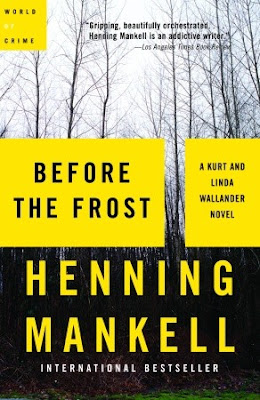So for many years I have accepted the notion that Zelda was a mistake for F. Scott Fitzgerald, that their marriage contributed mightily to his financial woes and his lack of productivity, and as one of the world's biggest fans of The Great Gatsby and The Last Tycoon, wished he'd married someone else.
I was, therefore (having read the Nancy Mitford bio of Zelda as well as Zelda's own novel, Save Me the Waltz, many years ago), reluctant to read a novel about Zelda. Luckily for me, the Twitter community of readers convinced me to give Z a try, and I'm grateful.
Update: after posting this review, I got a lovely email from Esther Bochner, senior publicist at Macmillan Audio, asking if I'd like to post an audio clip of Z to my review. I said I'd be delighted - and here it is.
Therese Anne Fowler has made me rethink my attitude to Zelda, and to come to some radically different conclusions about F. Scott Fitzgerald's struggles - and about his ambitions. I had never thought about Zelda in the context of her own era - a time when women had so few options and when smart women were no longer content merely to stand by their men, defer to their opinions and be content to be the 'little woman' or 'the woman behind the man.' Zelda's refusal to be overshadowed by Scott takes on a whole different complexion when viewed in this context, as does her desire to achieve. We'll never have the definitive answer to who was more competitive with whom, but in reading Z I was having stomach-roiling flashbacks to a lot of the lines in Gatsby about being able to redo and rewrite the past, as well as some uncomfortable challenges to my own intellectual status quo.
Among the questions Fowler poses in Z are these: why was it F. Scott Fitzgerald was so very willing to promote Ernest Hemingway's work to his agent, editor and publisher, and yet persistently ensured that the most his wife ever got on her own work was a joint byline? Why wasn't he content to be the best writer he could possibly be rather than acknowledged as the best living American novelist? And why did he persist in emulating the filthy rich to the point of almost-bankruptcy over and over again, while simultaneously despising them and condemning them morally bankrupt? Why didn't these contradictions occur to him? More important for Zelda, why did he insist the women in his life be content with being nothing but decorative appendages whose sense of self-worth derived solely from that of the men to whom they'd attached themselves?
The genius of this novel is not that it's an unflattering portrait of F. Scott Fitzgerald, but rather that it's finally a fair portrayal of Zelda, a woman caught between a rock and a hard place: her father's social standing (and societal expectations of women in the 1920s) and her husband's overweening ambition. There was little room for Zelda to flourish in that small space. And the fact that she didn't do so isn't really so surprising when you think about it.






